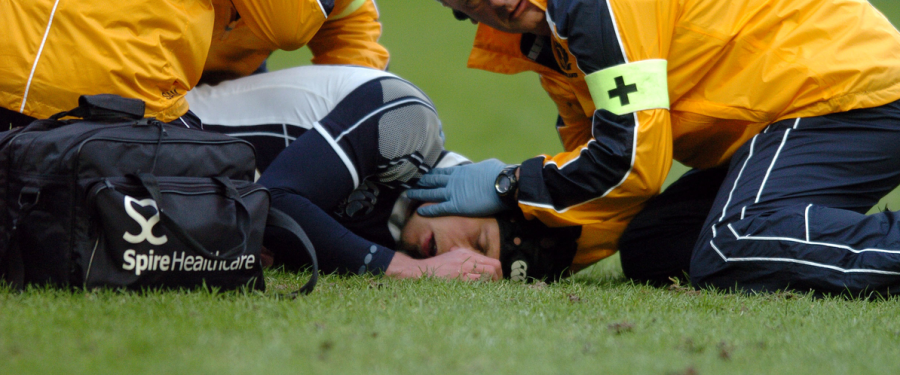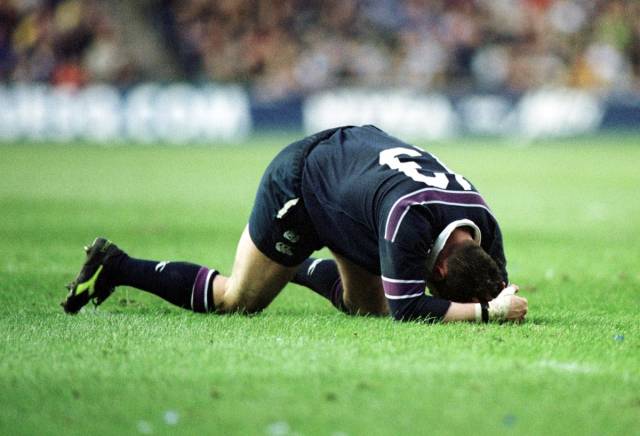A Closer Look at Concussion in Rugby

Taking Rugby Concussions Seriously
By Crispin Balmer
It’s an unfortunate fact that rugby and concussion have gone hand-in-hand for decades. Reports of concussions began to appear in medical journals from as early as the 1870s, only a few decades after the game was invented.
However, two centuries later serious head injuries are still a common occurrence in international rugby. Wales’ George North and England’s Mike Brown are just two examples; both of whom suffered issues with concussions in the past. Sadly, it seems unlikely that a season will pass without a player suffering from a serious concussion.

The Facts and Figures
Muscle strains, bruising and even fractures have clear cut protocols for treatment during games or training. Unlike these more common injuries, concussion cannot be treated with stitches or a cast, and the healing process is not as regimented because less is understood about the condition.
Figures supplied by the International Rugby Board Injury Surveillance Study on the 2011 World Cup calculate that there was an average of 3.6 injuries per game. Forwards were slightly less likely to be injured at 3.4 per game, and backs more likely at 3.8. Of those 615 recorded injuries, 18% were taken to the head and neck – and though not all were concussions.
Concussion is still a problem
For an international rugby player there are good odds you’ll be injured to some degree, based on the statistics. Figures for the average weekend rugby player are far harder to collect, and the chance of being injured depends largely on how seriously safety is taken during the game and immediately after an injury occurs.
Rugby is an inherently physical sport, and no serious rugby player – from amateur to professional – could be unaware of the danger. In fact, the will to get up and carry on is one of the crowning characteristics of the players and the game. It is what sets rugby apart from many other sports.
Concussion is not a badge of honour, but a potentially life-threatening injury.
However, it is important take concussion seriously, and consider it separately to visible injuries. Concussion is not a badge of honour, but a potentially life-threatening injury, linked to illnesses such as dementia.
The issue is mirrored in the States, where the NFL has been under scrutiny in recent years, after numerous players were found to have suffered from serious head injuries and mental illness. The high profile nature of the sport and its players has thrust the condition into the spotlight, even prompting the release of the 2015 film Concussion, which covered the topic.
Back here in the UK, BBC Panorama covered a proposal to update tackle laws, after players suffering from symptoms thought to cause by concussion have been forced to retire.
Treating concussion seriously
With so much at stake and so many of us cheering them on, you can be sure that during major tests the home nations will be pushing the limit of their physical endurance, and often disregarding the potential danger of a tackle to take a win. They will be taking risks, but they will also be surrounded by medical professionals, whose job it is spot the signs of concussion and make important medical decisions.
This might not be the case at your next rugby match, where concussion can happen just as easily. The ‘just walk it off’ mentality – which makes rugby the game it is – can’t be extended to any suspected instance of concussion.
Crispin Balmer is a Solicitor at CFG Law, Serious Injury Solicitors.

